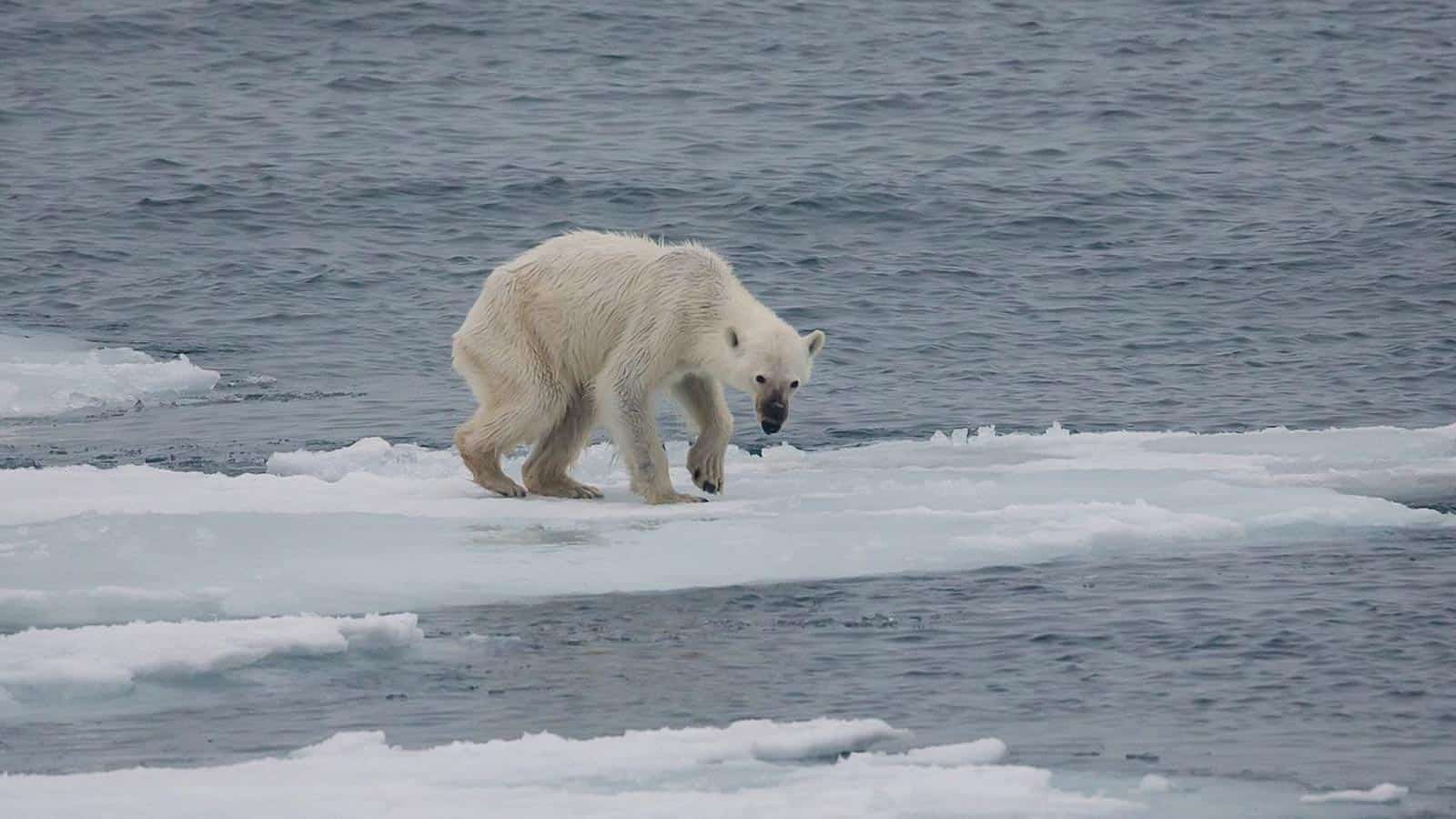Germany referred to court over the EU Habitats Directive
After previous warnings from the European Commission, Germany has been referred to the EU Court of Justice for not adhering to the Habitats Directive. So far, Germany has not had a great start to the year in the area of nature protection, after also missing their self-set Wilderness targets for the end of 2020. With the EU’s emphasis on putting a halt to biodiversity loss and restoring biodiversity in the EU Green Deal and Biodiversity Strategy, it makes this issue an even more pressing one for the German state.
Please also read: Natura 2000 lacks effective management
Continuous warnings not heeded
Under the Habitats Directive, the European Commission consequently expects all EU Member States to identify and designate Special Areas of Conservation. These are areas for the EU’s most valuable and threatened species and habitats. In addition, site-specific conservation objectives and corresponding management and restoration actions should be stipulated for these sites. This is done with the aim of maintaining or restoring a favourable conservation status of the corresponding species and habitats. Germany has failed to carry out these necessary steps for all of its Natura 2000 sites. Many sites continue to lack designation from the German Government. Moreover, in some cases, Germany should have completed these steps over ten years ago. Consequently, this lack of action has forced the European Commission to take action.
In 2015, the European Commission launched an infringement procedure against Germany for violating the Habitats Directive. The EU Commission sent a letter of formal notice to Germany. Subsequently, they followed this up in 2019 with a second letter. In February 2020, the EU Commission issued a reasoned opinion, which is a formal request to comply with EU law. As Germany has not taken sufficient measures to comply with the Habitats Directive since the issuance of this reasoned opinion, the European Commission has referred Germany to the European Court of Justice. Above all, this measure puts pressure on Germany to correct their shortcomings on the Habitats Directive.
In addition, the European Commission regards the conservation objectives set for German Sites of Community Importance as not sufficiently quantified, measurable and reportable, impacting the quality and effectiveness of conservation measures. In 15% of these Sites of Community Importance, the authorities have not yet established conservation measures. Likewise, these make up a part of the infringement procedure against the German Government.
Importance of the Natura 2000 Network
At both the state and federal level, there are deficiencies in the implementation of the Habitats Directive. Alongside the Birds Directive, the Habitats Directive helps form a protected area network. This covers over 18% of the EU’s terrestrial area and 8% of its marine area. As a result, the creation of Special Protection Areas, for bird species, and Special Areas of Conservation, for habitats and non-bird species, has enhanced and improved the wider landscape and its connectivity.
This network is the foundation of nature conservation in Europe, enhancing European cooperation. As an Europe-wide network, it embraces the borderless characteristic of nature. This is crucial to nature conservation. Subsequently, it allows for big-picture thinking. Such a network enables cross-border measures to be put into place that are most beneficial to protected species.
While the idea has certainly improved the coordination of nature conservation across Europe, it has not been plain sailing. In addition to the problems caused by implementation as evidenced in Germany, there is often intense pressure from land users, competing industries, infrastructure and agriculture against the implementation of conservation measures. A patchwork of publicly and privately owned land form the Natura 2000 network, meaning these conflicts often do arise.
On an ecological front, the Natura 2000 network mainly concerns itself with the maintenance of certain habitats and species. This risks freezing the state of nature in Europe. Capacities to adapt to climate change and other disturbances are sacrificed for the maintenance of antecedent species and processes. This limits the natural dynamics able to take place in such areas. Despite this lack of built in resilience to the system, the Natura 2000 network has raised the profile of nature conservation across Europe and helped preserve biodiversity in a way that it would not have been if it was not there.
Next steps
Germany’s contribution to this network is lacking. If it does not take any steps to communicate its measures to implement the provisions of a directive in time, the European Commission may ask the Court to impose penalties. Continued non-compliance would lead to a judgement by the court. This could lead to financial penalties in the event of further violation.
With the European Commission stepping up its enforcement of the Habitats Directive, especially in view of the EU Biodiversity Strategy 2030, such infringement procedures could become more frequent. The example of Germany is a warning to other countries. If they do not comply with existing EU environmental legislation, the EU will not hesitate to start an infringement procedure against them, thus risking great political embarrassment.
“It is well known that Germany has been sloppy with Natura 2000 for years. The government and the federal states are trying to sit this topic out because they want to avoid trouble with farmers and forest owners,”










